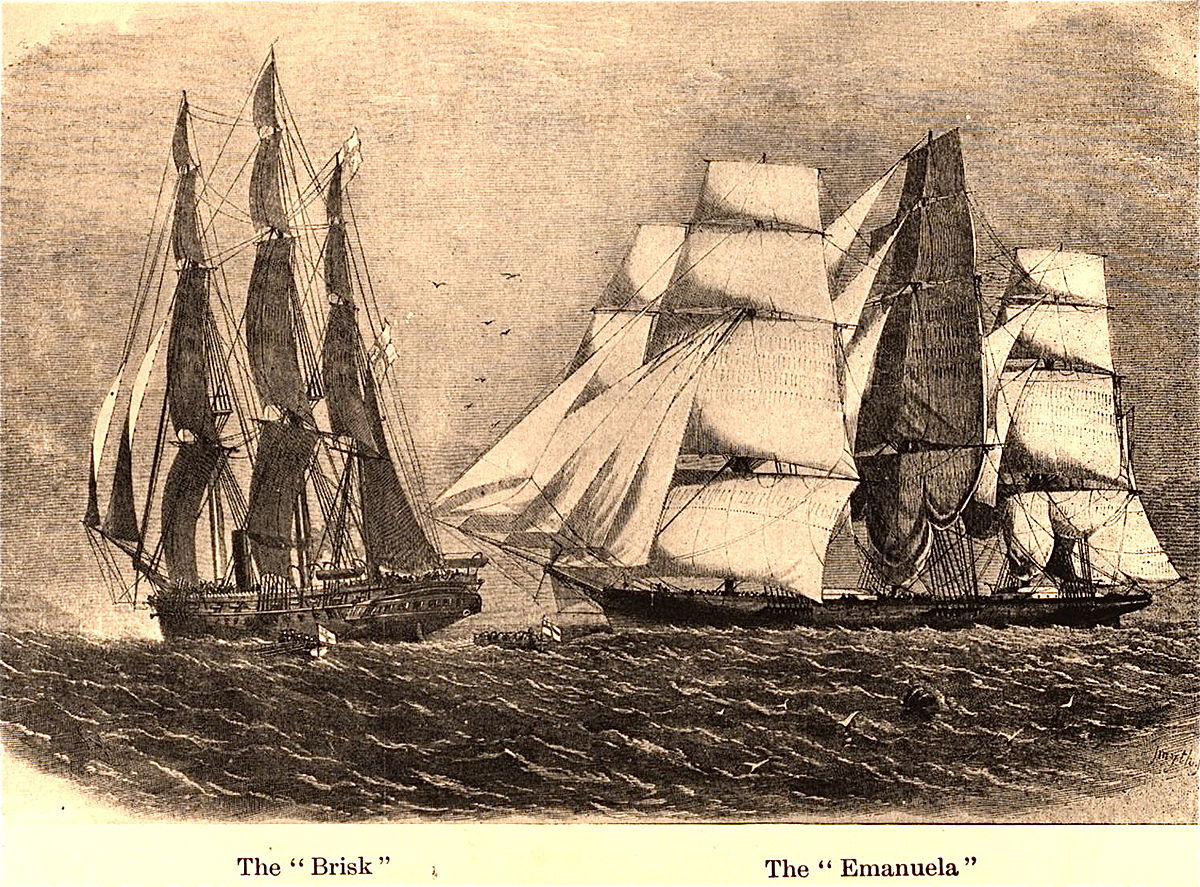'Most of us are tired of it': Douglas Murray slams 'sick' calls for slavery reparations
https://youtu.be/Ay20N8b0VRs
Author Douglas Murray has slammed people who engage in a kind of "grievance competition" and cry about the "hurt" they've suffered as a result of slavery centuries ago. "All history has consequences and ramifications ... if we were to play this fairly we would at least look at all of the countries around the world that engaged in a slave trade who are simply not interested in any form of reparations," Mr Murray told Sky News Australia's Piers Morgan. Mr Murray claimed slavery persists in Africa today and that there are more slaves globally than during the height of the transatlantic slave trade. "So some of us are simply a bit bored of hearing people ripping at closed wounds and then crying about their hurt, or presumed hurt," he said. "Nobody is alive who has actually suffered the hurt and nobody is alive who did the wrong." He added it's always the "more virtuous" countries, such as the United Kingdom and United States, that are presented as "the worst countries" over this issue. "It's sick and most of us are tired of it."
https://youtu.be/Ay20N8b0VRs
Author Douglas Murray has slammed people who engage in a kind of "grievance competition" and cry about the "hurt" they've suffered as a result of slavery centuries ago. "All history has consequences and ramifications ... if we were to play this fairly we would at least look at all of the countries around the world that engaged in a slave trade who are simply not interested in any form of reparations," Mr Murray told Sky News Australia's Piers Morgan. Mr Murray claimed slavery persists in Africa today and that there are more slaves globally than during the height of the transatlantic slave trade. "So some of us are simply a bit bored of hearing people ripping at closed wounds and then crying about their hurt, or presumed hurt," he said. "Nobody is alive who has actually suffered the hurt and nobody is alive who did the wrong." He added it's always the "more virtuous" countries, such as the United Kingdom and United States, that are presented as "the worst countries" over this issue. "It's sick and most of us are tired of it."
'Most of us are tired of it': Douglas Murray slams 'sick' calls for slavery reparations
https://youtu.be/Ay20N8b0VRs
Author Douglas Murray has slammed people who engage in a kind of "grievance competition" and cry about the "hurt" they've suffered as a result of slavery centuries ago. "All history has consequences and ramifications ... if we were to play this fairly we would at least look at all of the countries around the world that engaged in a slave trade who are simply not interested in any form of reparations," Mr Murray told Sky News Australia's Piers Morgan. Mr Murray claimed slavery persists in Africa today and that there are more slaves globally than during the height of the transatlantic slave trade. "So some of us are simply a bit bored of hearing people ripping at closed wounds and then crying about their hurt, or presumed hurt," he said. "Nobody is alive who has actually suffered the hurt and nobody is alive who did the wrong." He added it's always the "more virtuous" countries, such as the United Kingdom and United States, that are presented as "the worst countries" over this issue. "It's sick and most of us are tired of it."

0 Comentários
0 Compartilhamentos
904 Visualizações







